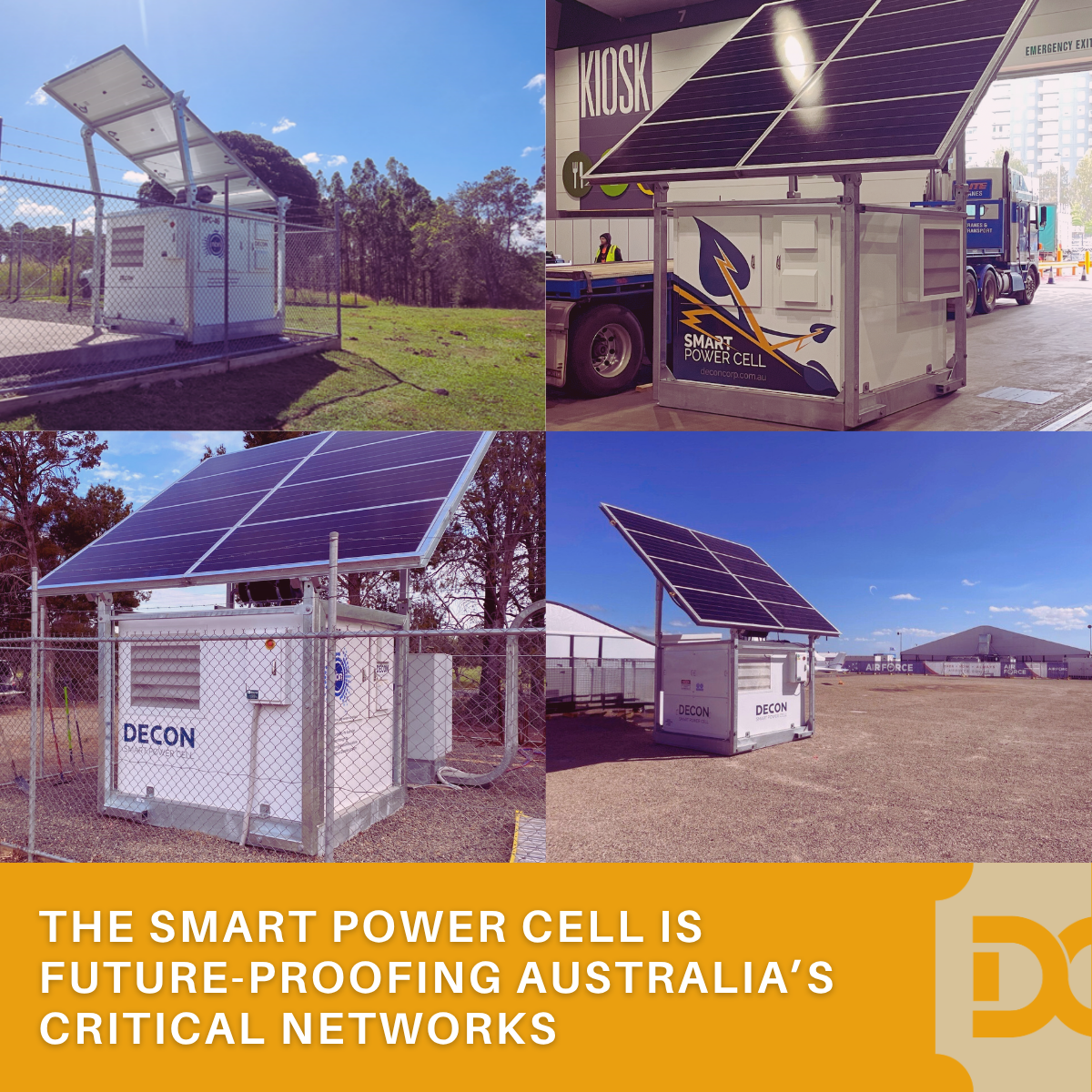In a crisis, the first question people ask is simple: "Can I reach my loved ones?"
Yet too often, bushfires, floods and cyclones don’t just damage homes and roads, they cut the power to the very networks we rely on to stay connected.
In the last five years, Australians have lived through the Black Summer bushfires, the devastating floods across Queensland and New South Wales and Cyclone Kirrily in 2024. Each event has shown just how fragile our infrastructure can be.
Government-led disaster resilience funding marks a shift in thinking: from repairing the damage to building systems that stand firm in the face of disaster. It’s about planning for continuity, not just recovery.
Over the last five years we’ve been proud to contribute to this effort. Through these programs, we’ve deployed the Smart Power Cell (SPC): a transportable, off-grid power system that combines solar, wind and advanced sodium metal chloride batteries. These units keep telecommunication towers online when the grid fails, ensuring people remain connected and emergency services can operate safely.
The benefits are clear on the ground:
- Families can reach each other during floods and storms
- Emergency services maintain communication in the field
- Local councils and carriers avoid sending technicians into dangerous conditions
And the impact extends beyond resilience. Each SPC reduces reliance on diesel, saving around 25 tonnes of CO₂ per site, per year. Additionally, its recyclable, long-life sodium metal chloride battery technology supports Australia’s emissions reduction targets, ensuring cleaner, safer power for the future.
This is where resilience and climate action converge:
- Stronger systems that protect communities in crisis
- Cleaner energy that supports national sustainability goals
- Smarter monitoring that reduces risk and cost over time
The Smart Power Cell stands as an example of how infrastructure can evolve to meet two of our greatest challenges: climate change and disaster resilience. Stronger, cleaner systems that serve both people and policy.

